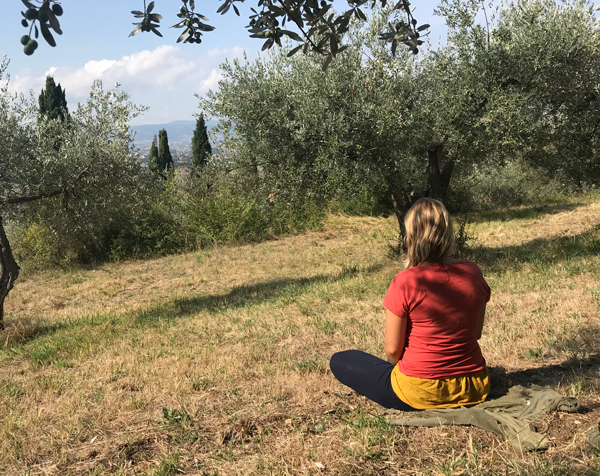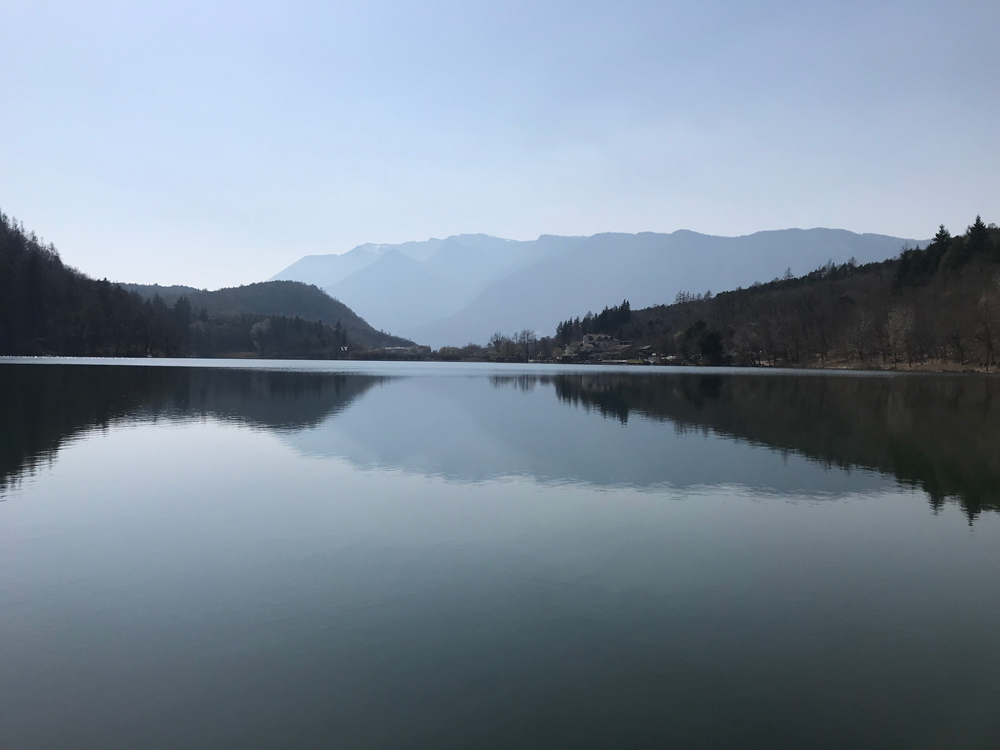A fundamental aspect of human consciousness is the spirit of discovery. Curiosity about new things has led humanity out of caves and forests into the vast unknown. This drive to explore has given us everything we now recognize as “cultural assets.”
People have always roamed the landscape of consciousness, seeking to understand themselves and their place in the cosmic web of relationships. Religion, philosophy, and psychology have each drawn maps, some more intricate than others, to guide people through the spiritual world. Even the distinction between the material and spiritual worlds was just a map—a rather imprecise one at that—which has often misled seekers. People quickly forgot that these carefully drawn and beautifully decorated maps were only representations. For specific phases of the journey or particular questions, concepts can indeed help us navigate what we perceive as reality. But when we confuse map and landscape, or reality with its description, we enter the all-too-human drama of searching for ourselves and for God.
This misunderstanding—that reality is as I understand it, or as it has been presented to me—has embedded a clever virus in our human quest. From that point, individual and collective consciousness drift into a dream world, where the projections on the mind’s screen become rigid worldviews. Seekers who, like sleepwalkers, forget the difference between dream and waking tend to take their findings very seriously, dramatizing, defending, and explaining them in the scripts of their own lives. Meanwhile, theologians, philosophers, esotericists, therapists, warlords, politicians, gurus, and demagogues preach their ideologies with complete confidence that they know the truth of God and the world. On the other side, the audience either nods along or turns away in opposition, ensuring that the game goes on.
One of my favorite teachers, Paul Lowe, saw himself more as an entertainer. For decades, he led groups where he encouraged people to be completely honest and open with one another—humorously, uncompromisingly, and often with uncomfortable clarity. He supported us in becoming fully present in the moment and letting go of the games we use to control our relationships. We dared to meet each other without knowing what we’d say or do next. These groups were lively and confrontational. A space of closeness was created, where many things outside societal norms became possible. The temptation to draw new conclusions and create new concepts from these experiences was great, and most of us gave in to it. But each evening, after intense experiences rich with “meaning” and “depth,” Paul would close the session with, “Don’t take it too seriously!” This phrase has stayed with me ever since, as it opens up a vast space in me, reminding me that ultimately, nothing has inherent meaning. Only thoughts, concepts, and interpretations exist—attempts to map the landscapes of consciousness. Life unfolds beyond theory, new and unpredictable in every moment.
I experience who God is and who I am when I surrender to the present moment. The experience is fleeting, beyond the reach of the thinking mind, but it brings a certainty that no longer needs a map. The band Culcha Candela sings in Morgen fliegen: “Life has no meaning except the one we give it.” It’s a bold statement, challenging the deep-seated belief that life must have meaning, that there must be an answer to the ultimate questions of where we come from and where we are going. But what if that’s not the case? What if there is no answer? What if I recognize that I am the one who gives meaning, that I write the models and concepts of my reality from a limited selection of information I perceive?
What if I lived as if life remained an ungraspable mystery, shielding me from the illusion of control? What if I didn’t take it all too seriously? This attitude allows me to relax deeply. From here, life feels like a fresh morning after a restful sleep: the night has passed, and the dream has been recognized for what it was. How, then, do I want to spend the day?



